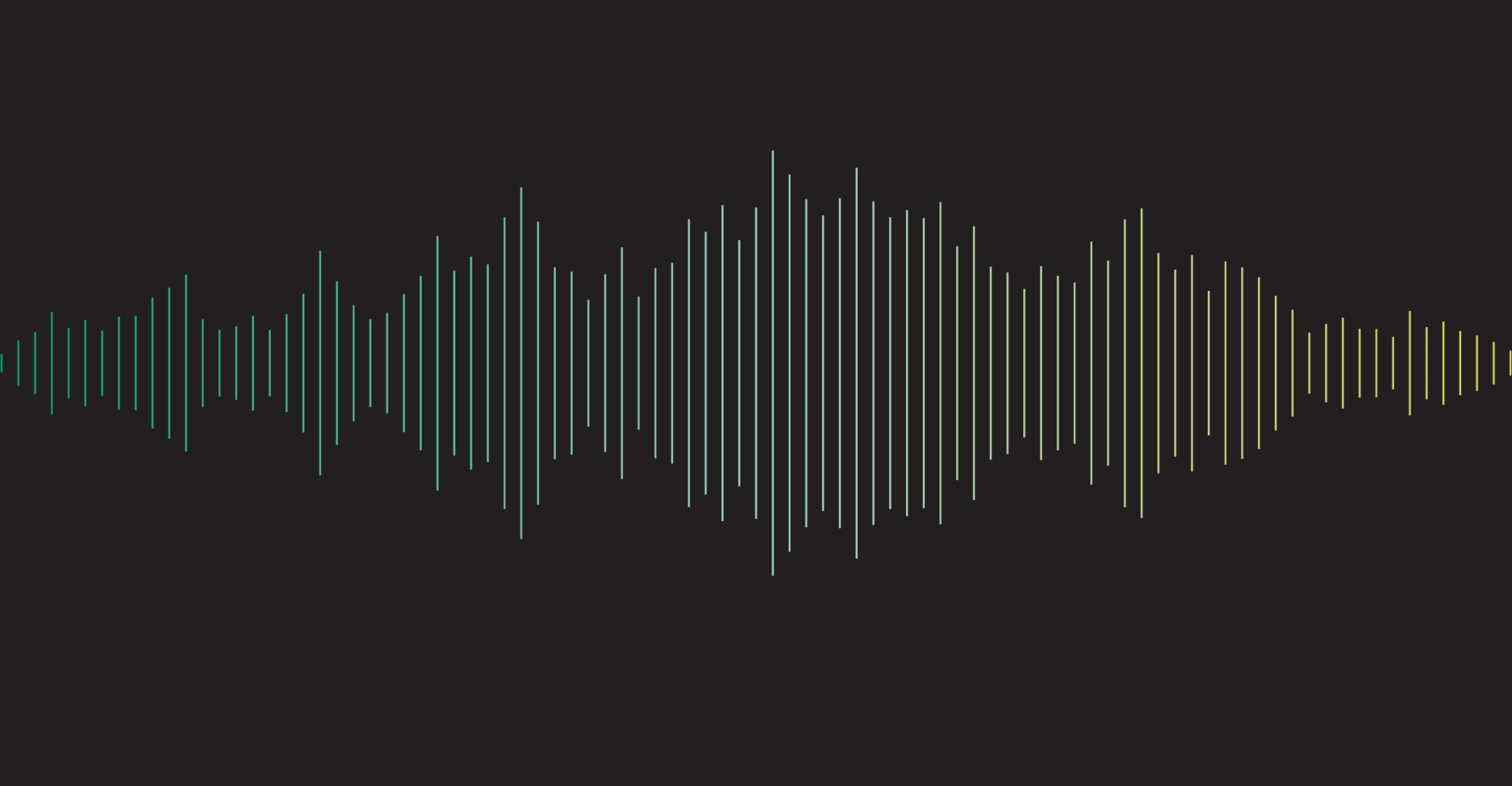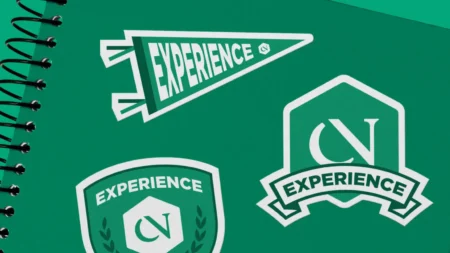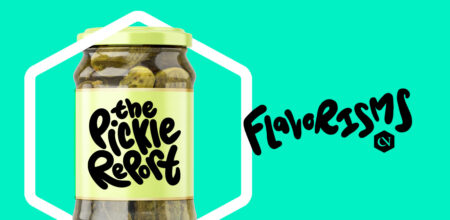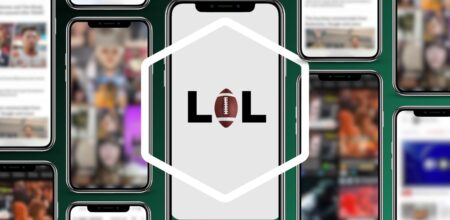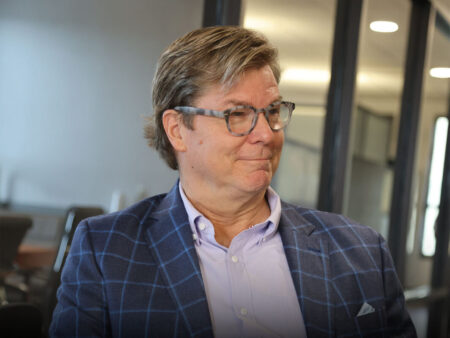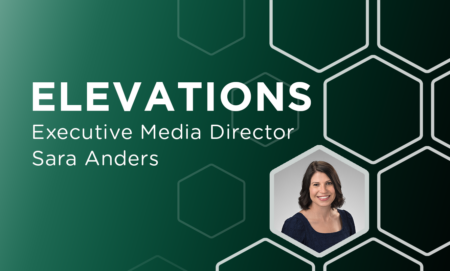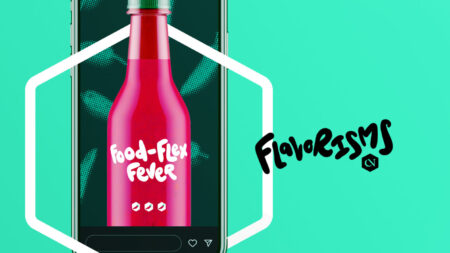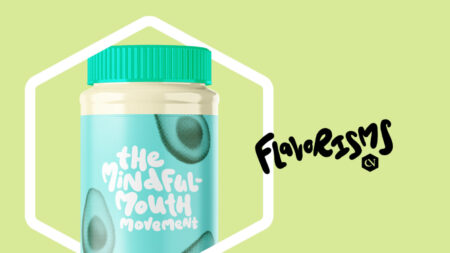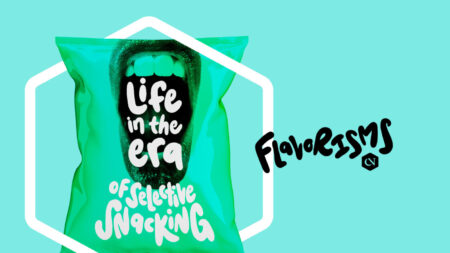One cannot force oneself to be a good musician, but if one continues to play and learn content, every now and then emerges a moment … that takes the music to a place not known before. One cannot demand such revelation, but without the hard work and practice on the content, no revelation will happen.
Ronald C. Arnett, Janie M. Harden Fritz and Leeanne Bell
Communication Ethics Literacy: Dialogue and Difference
Arnett and his colleagues used music as an analogy to describe how one achieves communications ethics literacy. Broadly defined, this term refers to principled communications practice built on a foundation of learning and respect for, if not celebration of, diverse perspectives.
My evolution of communications ethics
My personal sense of communications ethics evolved largely from an assortment of professional and civic experiences. But performing music also played an important role.
In my youth, I was a serious flute player. Studied privately for the better part of a decade, gave concerts and recitals, played in various ensembles large and small. This is all ancient history, but the visceral memories of playing are still there: the elation of a pristine performance after months of preparation, the powerful sense of personal satisfaction from knowing that you “nailed it,” the sound of an audience’s sustained applause and whoops, the quiet commendation of a conductor or instructor.
Such a transcendent experience for a communicator might come from a campaign that blows through key performance indicators like engagement on social channels or product sales; feedback that your writing inspired or moved someone; or when a senior executive felt prepared and confident during a crisis as a result of your counsel.
These are the moments we practitioners live for, that propel us forward every day.
On communications ethics, the relevance of performing music relates to intentionality; meaning comes from an effort to apply and share what you know. In other words, you have to work at it. The only way to reach your peak is through practice and performance, as any musician will attest.
I try to remind myself that my perspective is only one part of the story, and to check personal bias at the door. To channel my inner scientist by taking an objective, dispassionate approach. Examine the situation from multiple vantage points. Acknowledge and account for opposing viewpoints.
Easier said than done, especially for those of us with strong opinions and who can be judgmental (ahem). The keyword here is try.
The current push to vaccinate Americans against COVID-19 is a great example.
For the life of me, I can’t personally understand why someone would avoid or delay getting their shot(s), given the ramifications for everyone. But that’s a myopic view, and the key to convincing those yet to be vaccinated is designing communications strategies that begin with understanding why they are hesitant. Marketing research points to concerns about safety and side effects, lack of understanding and government distrust as primary factors.
The Ad Council formulated excellent guidance for public messaging to overcome this resistance:
DO: Validate concerns, talk about experiences people miss most during the past year+, emphasize protecting families and friends and keep a positive tone
DON’T: Talk about the horrors of the pandemic, use guilt, overpromise on the benefits or focus on getting “back to normal” versus simply “back to life”
During the past year, we have had to be diligent in accounting for all perspectives in pandemic-related work. Our “One Region Ready” is a great example where diverse constituencies came together on an economic recovery plan for the Charleston region. Of course, the vaccine conversation is indicative of broader political and social divisions. Arnett acknowledged the imperative of communications ethics literacy in this context.
“One of the defining givens of communications today is that there is little consensus, or public agreement, about what is right and wrong. Such a moment propels communications ethics to the forefront… as we negotiate difference together.”
Amen to that. If anything, we have to work HARDER now than ever before. As practitioners, we have a responsibility to model communications ethics literacy. Work that adheres to this principle will not only be more effective; it will serve a greater good. But that won’t happen without self-awareness and individual effort.
I’ve been fortunate to have had a few revelatory experiences as a musician and otherwise that marked me indelibly and helped shape me as a communicator, leader and person. These moments teach that you have to have the right mindset and put in the work for the sweet music to happen.
What’s your story?
Share an example of when you intentionally factored in a divergent view that made for a more compelling and effective result. We may even publish it in a future blog.
